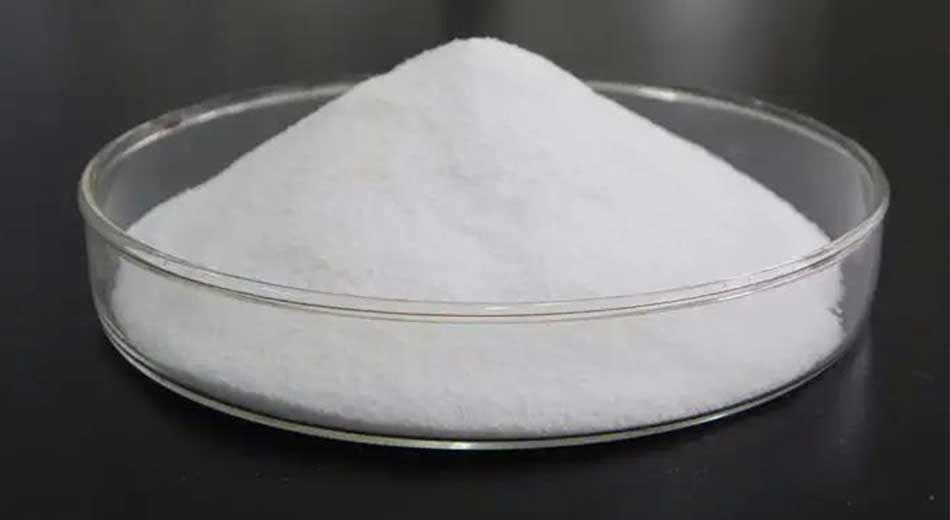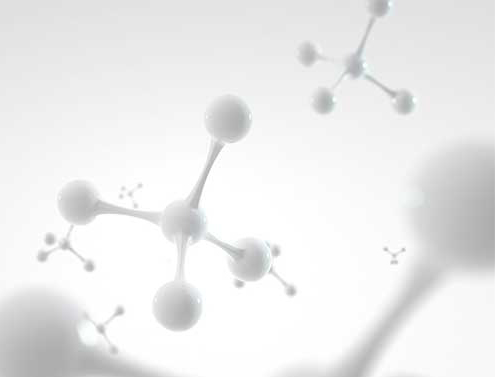English
-
Products
SweetenersSodium Saccharin D-Xylose D-Mannose Lactose Mannitol Stevia Oligogalactose Oligosaccharide Lactulose 70% Lactulose 99% Cyclamate Xylitol Sorbitol Isomaltulose Erythritol High Maltose Powder 90% Polydextrose (Water Soluble Dietary Fiber) Oligomeric Isomaltose 900 Oligofructose Protein Sugar Acesulfame/AK sugar Aspartame D-Ribose Tagatose Crystalline FructoseFood ThickenerCarrageenan Pure Powder (K-Type Carrageenan) Carrageenan Agar Powder Konjac Powder Konjac Tofu Powder Sophora Bean Gum/Tara Gum Konjac Gum 90% Xanthan Gum Sodium Alginate Edible Gelatin 160 Jelly Power Apple Pectin Citrus Pectin Pineapple Pectin Cortisol/Gelatin Polysaccharide Sodium Polyacrylate Gellan Gum/Kelkor Gum Gum Arabic Sodium Carboxymethyl Cellulose Cmc Turnip Gum Guar Gum Prululan Polysaccharide Artemisia Seed GumFood AntioxidantsBHT BHA TBHQ Tea Polyphenols 90% Sodium iso-VC Gallic Acid Propylene Glycol Tea Polyphenols 98% Compound Antioxidant Tea Polyphenols 99% Folic Acid 97% Choline Chloride L-Choline Choline Hydrogen Tartrate Biotin 2% L-Carnitine 50% L-Carnitine L-Carnitine Hydrochloride L-Carnitine Tartrate L-Carnitine Fumarate Acetyl L-Carnitine Creatine Hydrochloride Creatine Anhydrous Creatine Monohydrate Inositol Taurine Complex Amino Acid Powder 70% 8 Kinds Of Complex Amino Acids Complex Amino Acid Powder 80% Chromium Picolinate Beta Carotene 30% Oil Beta Carotene Powder L-Histidine L-Arginine L-Glycine L-Citrulline DL-Methionine L-Alanine DL-Alanine L-Glutamic Acid L-Aspartic Acid L-Threonine L-Lysine L-Lysine Hydrochloride L-Leucine L-Isoleucine L-Valine L-Tyrosine L-Histidine1 L Cystine AAKG Branched Chain Amino Acids (BCAA) L-Cysteine L-Cysteine Hydrochloride Monohydrate L-Cysteine Hydrochloride Anhydrous L-Arginine Hydrochloride L-Histidine Hydrochloride L-Tryptophan L-Theanine L-Serine L-Proline L-Prolinamide L-Hydroxyproline L-Glutamine N-Acetyl-Cysteine L-Aspartate Chelated Calcium Calcium Glycinate Calcium Gluconate Calcium Citrate Calcium Lactate Calcium Carbonate Calcium Fructate Calcium Chloride Biological Calcium Calcium L-lactate Zinc Aspartate Chelate Zinc Glycinate Zinc Lactate Zinc Citrate Zinc Gluconate Copper Gluconate Ferrous Gluconate Ferrous Glycinate Ferrous Lactate Ferric Citrate Ferrous Fumarate Ferric Citrate Amine Sodium Iron EDTA Magnesium Aspartate Chelate Magnesium Lactate Power Magnesium Citrate Magnesium Sulfate Magnesium Glycinate Potassium Chloride Gluconic Acid Manganese Manganese Lactate Casein Phosphopeptide-24 Isolated Whey Protein 90 Calcium Pyruvate Soybean Polypeptide L-Carnitine1 Dried BeriberiinEnzyme PreparationPapain Pectinase Glycolytic Enzymes Amylase Pepsin Chondroitin Sulfate 80% Glucosamine Hydrochloride Glucosamine Sulfate Chitosan Powdered Lecithin Soy Isoflavones 20% Spirulina Powder Chlorella Powder Ginkgo Biloba Extract Grape Seed Extract Soy Protein 50% Soybean Lsolate Protein Soybean Lsolate Protein For Dairy Products Egg White Powder Egg Yolk Powder Whole Egg Powder Soybean Dietary Fiber Pea Protein Peanut Protein PowderVitaminsVitamin C Palmitate Vitamin A Oil Vitamin A Palmitate Vitamin A Dry Powder Vitamin B1 Vitamin B2 B3 (niacin) B3 (niacinamide) Vitamin B4 D-Panthenol (former B5) Calcium Pantothenate (b5) Vitamin B6 Vitamin B12 Methylcobalamin Vitamin B12 (Cyanocobalamin) B15 (pantothenic acid) Vitamin C (coated) Vitamin C Natural VE Oil 30% Vitamin E Powder 50% Vitamin D3 Oil Vitamin K1 Vitamin K2 Vitamin K3 Vitamin AD Vitamin B5 (calcium pantothenate)
- Company
- Cases
- Services
- Resources
- Blog
- Contact Us
 English
English







